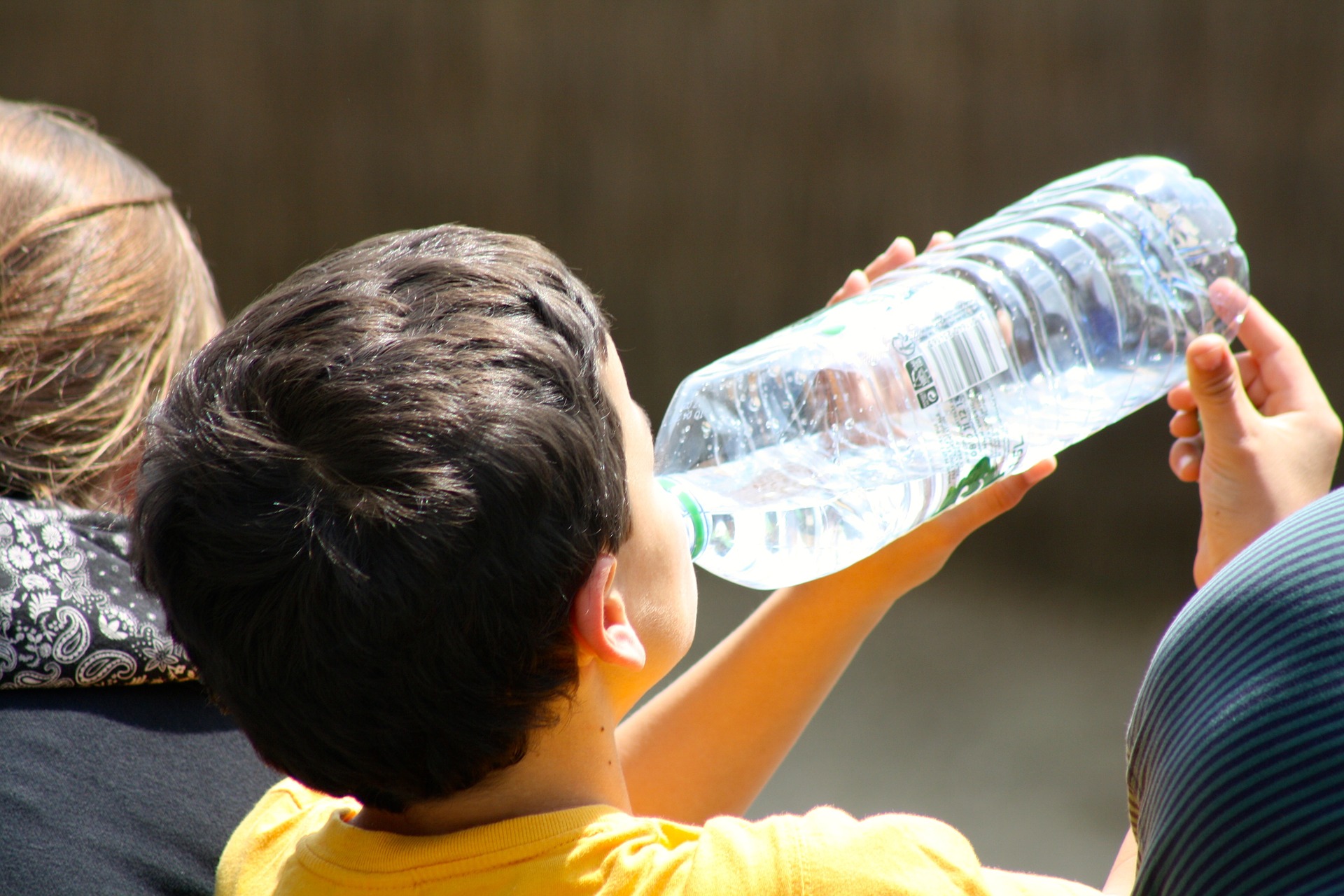
As the academic year gets back into full swing after disruptions caused by the Covid-19 lockdown, the Give Up Loving Pop campaign has returned with a bang – and will be delivered to 50 year 3 classes across Lancashire over the next coming months.
Lancashire have teamed-up with Lancashire County Council, Healthy Stadia and Food Active to help children cut back on high-sugar drinks during the spring and summer term. Building on the success of the first Give Up Loving Pop delivered in 2018, community coaches from Accrington Stanley, Burnley FC and Preston North End will encourage school children to “Give Up Loving Pop” and to drink more water and low-fat milk. This campaign
Whilst many people are aware that excess consumption of sugar, particularly sugary drinks, can lead to tooth decay, fewer are aware of the link between high-sugar drinks and weight gain. In the long-term, regular consumption of high-sugar drinks can increase the likelihood of developing other serious health conditions such as heart disease, type 2 diabetes and various forms of cancer.
In the North West, more than one in three children (30.4%) having obvious dental decay at age five, compared to the England average of 23.4%. However, Hyndburn (39.6%), Burnley (40.1%) and Preston (40.7%), the areas where Give Up Loving Pop will be delivered, children have considerably higher rates of dental decay at age 5, underlining the need for effective interventions at the earliest possible stage.
To help tackle poor oral health in the region, community coaches from the three clubs will deliver classroom-based games and physical activities to Year 3 children that will teach them why it is important to look after their teeth and gums, how to read and interpret food labels on bottles or cans of drinks, and why hydrating with water is important for their education and playing sports.
Children and their families will also be challenged to cut right back on sugary drinks and to Give Up Loving Pop for 21 days as part of the GULP Lancashire project.
Children will receive a reusable water bottle and a postcard containing information on high-sugar drinks to take home to their parents. It is hoped that these initiatives, will begin to change the attitude and behaviours of children and young people toward high-sugar drinks and encourage them to switch to water and low-fat milk.
Michael Viggars, Project Manager, European Healthy Stadia Network said:
“It is fantastic to see professional football clubs and their club community organisations use the power of their badge to help children and young people to cut back on sugary drinks.
“All too often, sport is used to promote unhealthy products, including high-sugar drinks, to children and young people. We hope this project will not only help the next generation to make healthier choices but also encourage the football family to recognise their role in promoting and endorsing soft drinks and ultimately reconsider football’s relationship with soft drink companies.”
Beth Bradshaw, Associate Registered Nutritionist and Food Active Project Manager said:
“Despite some sugary drinks manufacturers reformulating their products following the introduction of the Sugar Tax, many traditional fizzy drinks, sports drinks and energy drinks still contain huge amounts of sugar – up to 16 cubes of sugar for some – which can be extremely detrimental to children’s health.
“Even diet and zero drinks, which have previously been seen as a step in the right direction, contain lots of acid which can soften tooth enamel. Part of the reason we are still seeing huge numbers of children in the North West under five years of age being admitted to hospital for tooth extractions is the acid in high-sugar drinks.”
Jack Mountain, School’s Provision Officer, Preston North End Community & Education Trust said:
“Football can play such an important role in a child’s development, so it’s vital that we are educating children of the impact of excess sugar consumption through sugary drinks – using an array of sporting examples through classroom-based and physical activity sessions, we hope to educate not only the children but parents alike.”
“This is the second time we have supported the Give Up Loving Pop programme in Lancashire and we’re confident that together we can help to tackle the interlinked issues of overweight and obesity and poor oral health.”
Lee Walsh, Head of Sport, Accrington Stanley Community Trust said:
“We can’t wait to deliver the GULP programme again. We know all too well about poor oral health in the area and we are pleased we can use the power of Accrington Stanley to spread encourage children and their families to Give Up Loving Pop.
“Although many schools only allow water, milk and fresh fruit juice, a lot of children still consume high-sugar soft drinks after school and at the weekends – we feel it is about educating children and through them, their parents in order to have a real impact. This project will allow us to do just that.”
Gwilym Jones, Primary and Secondary Schools Engagement Manager, Burnley FC in the community, said:
“Health and wellbeing are high on our agenda at Burnley FC in the Community and the Give Up Loving Pop programme will give us the opportunity to get into schools and to talk about issues such as poor oral health, that unfortunately, affect far too many children.
“We’re really looking forwarding to delivering GULP over the spring and summer months and giving children the knowledge and skills to identify which of their favourite drinks have the most sugar, and hopefully encouraging them to switch to water and milk.”
Make sure you follow us on twitter to keep up to date with the campaign @gulpNOW!
If you would like to find out more about the Give Up Loving Pop campaign, please email info@foodactive.org.uk
